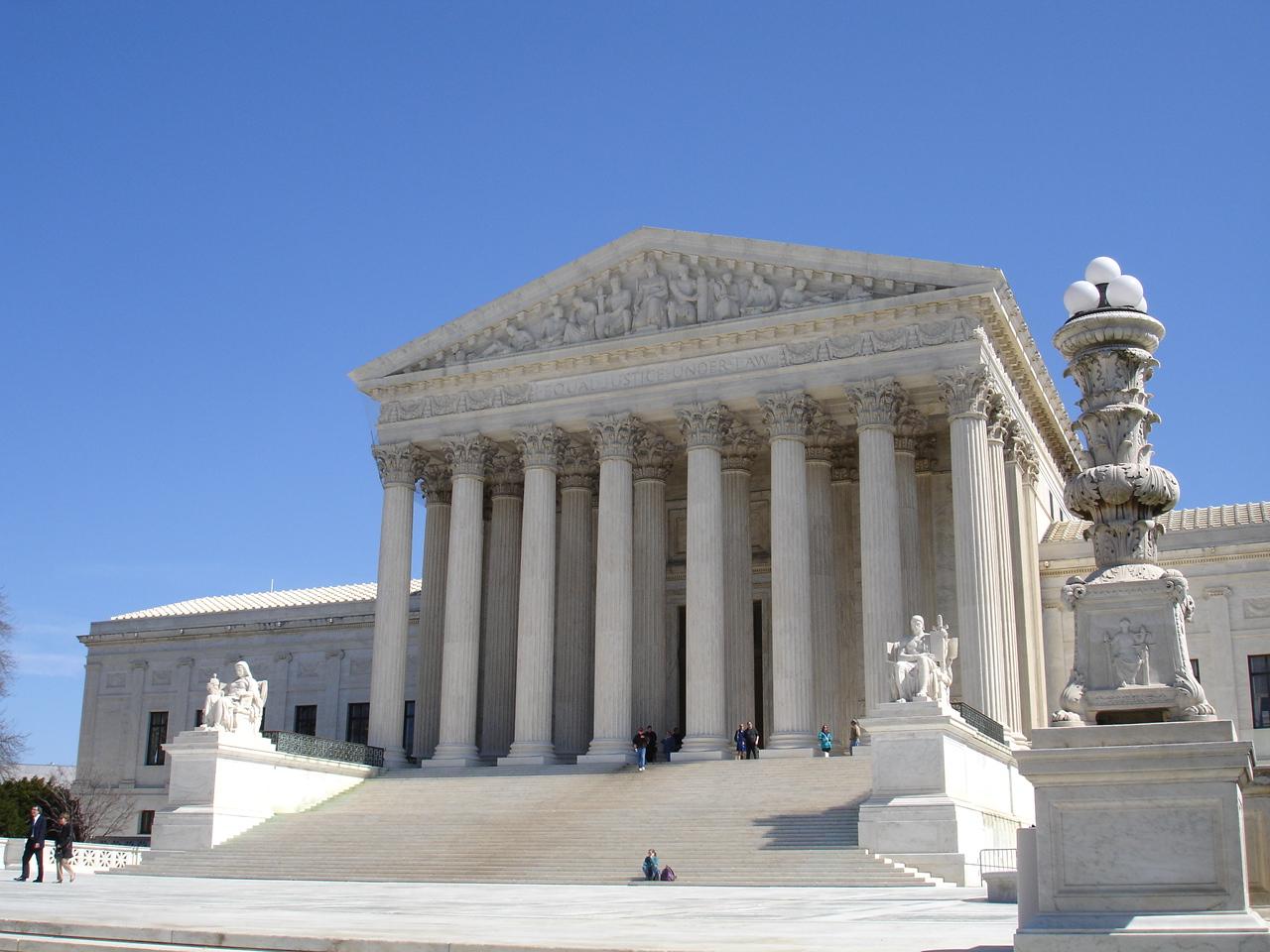
Although Outcome of Supreme Court Case Is in Doubt, AAU Will Keep Fighting for a Permanent Legislative Solution
Recently, the justices of the Supreme Court heard oral arguments on several lawsuits related to the Trump administration’s decision to reverse the Deferred Action for Childhood Arrivals policy. Last month, AAU joined 43 education associations in submitting a friend-of-the-court brief on behalf of the DACA recipients. Established by the Obama administration in 2012, DACA allows undocumented immigrants brought to the United States as children to study, work, pay taxes, and live as productive members of society without having constantly to worry about whether they will be detained by ICE agents seeking to deport them. As long as DACA recipients remain out of trouble and in school or the armed services, they are protected from deportation.
Roughly 350,000 of the 800,000 individuals with DACA status are enrolled in high school or university studies – many of them at AAU member institutions. DACA participants are a subset of the estimated two million so-called “Dreamers,” undocumented residents who were brought to this country by their parents or other family members.
The lawsuit arose after President Trump rescinded the policy in September of 2017 and asked Congress to pass legislation to provide a permanent solution for those currently protected under DACA. However, shifting priorities from the president and some Members of Congress have thus far torpedoed proposed congressional solutions. The House in 2018 passed H.R. 6 , the “Dream and Promise Act of 2019,” and similar legislation exists in the Senate – S. 874, the “Dream Act of 2019.” Both bills would allow some young people to earn lawful permanent residence in the United States as well as a path toward citizenship. However, the Senate has failed to consider either measure despite repeated urging for them to do so from the higher education community, the business community, and other sectors.
For the last two years, the lower federal courts have prevented the end of DACA while the litigation was pending and have required the administration to renew DACA participants’ status.
In September -- the two-year anniversary of the administration’s decision to rescind the DACA program -- 54 AAU members sent a letter to congressional leaders encouraging them to pass legislation to protect DACA recipients. Congress is unlikely to turn their attention to DACA until the Supreme Court issues a ruling (likely to happen in the spring or early summer of 2020), but regardless of whether they rule favorably or unfavorably, DACA recipients and our nation still need a permanent legislative solution. The DACA policy was never meant to be permanent, and the Obama administration’s expectation in establishing it was that Congress would pass something that would address the issue.
Legal analysts generally agreed that, judging from their comments in the Nov. 12 oral arguments, the Court’s conservative majority appears poised to rule against the program. Although Chief Justice John Roberts has indicated that the Court may fashion a way to wind down the program in a gradual manner, the Dreamers shouldn’t be subjected to uncertainty. The potential of a ruling that ends DACA, no matter how gradually or humanely, simply underscores the urgency of finding a permanent legal solution that won’t be subject to executive orders.
AAU has long supported federal efforts to secure the futures of DACA recipients and other Dreamers who attend universities. AAU and its members await the Court’s decision in this case and continue to press for a permanent legislative solution that takes the fate of thousands of our students out of the hands of shifting Executive Branch priorities.